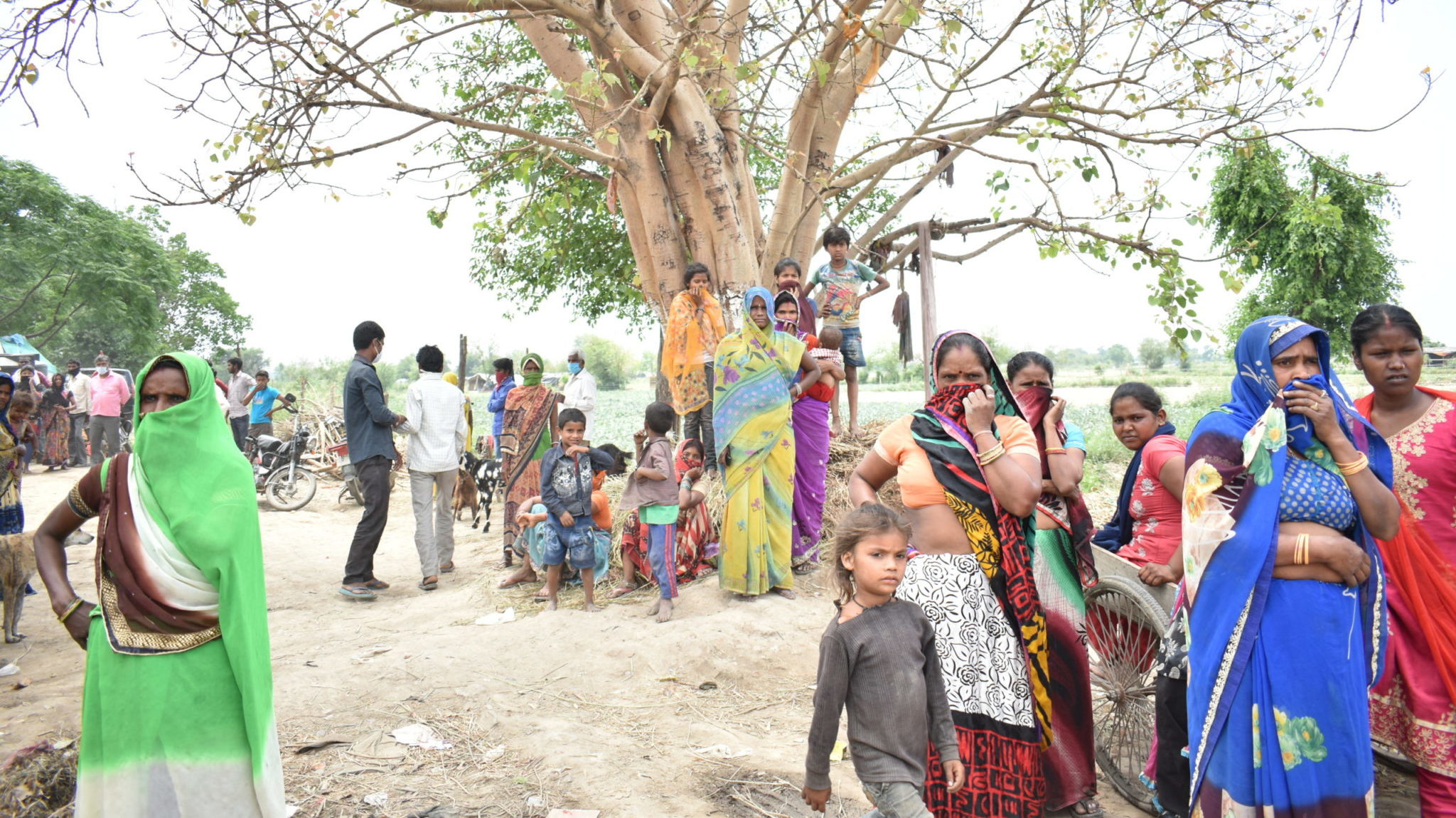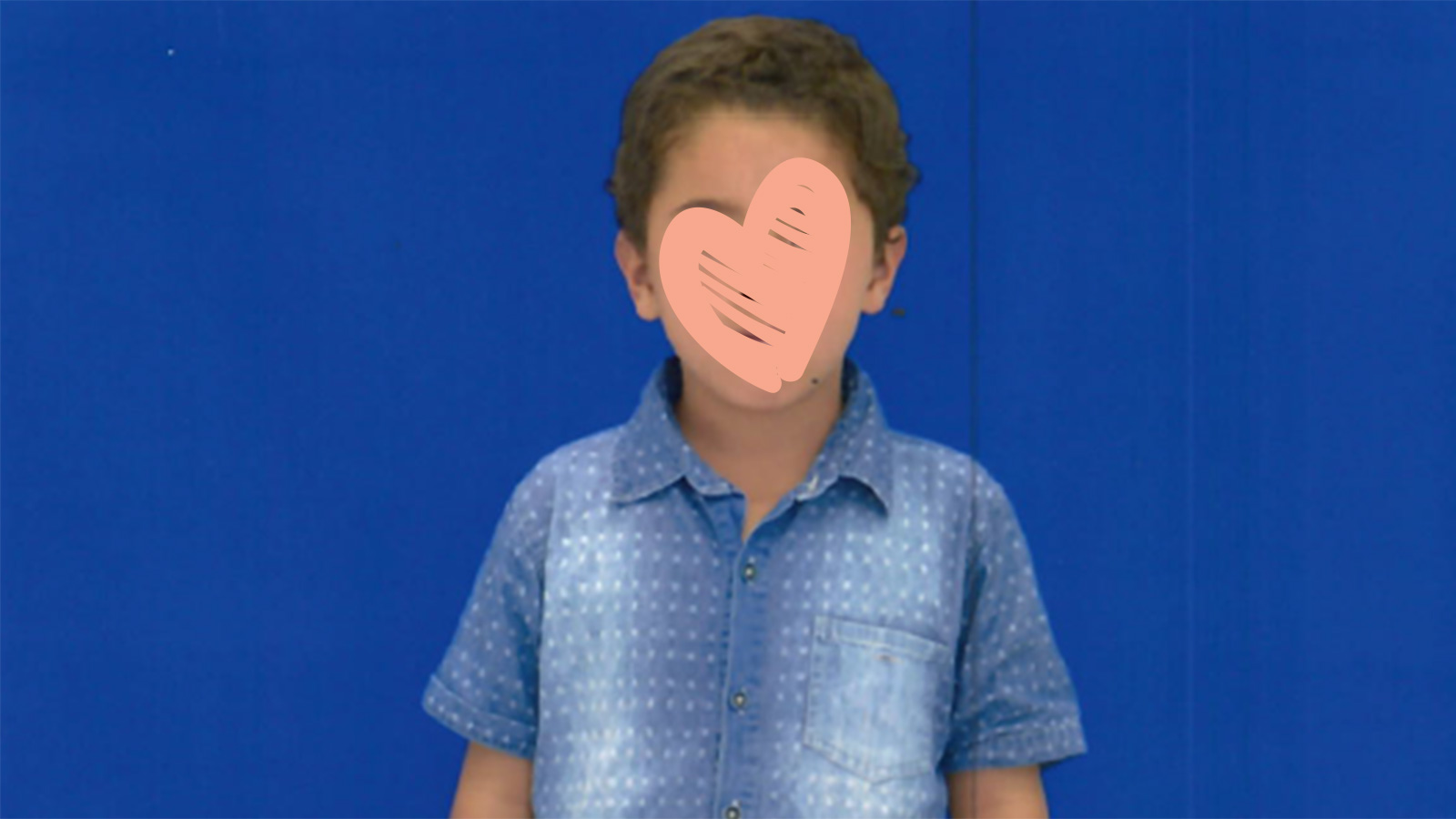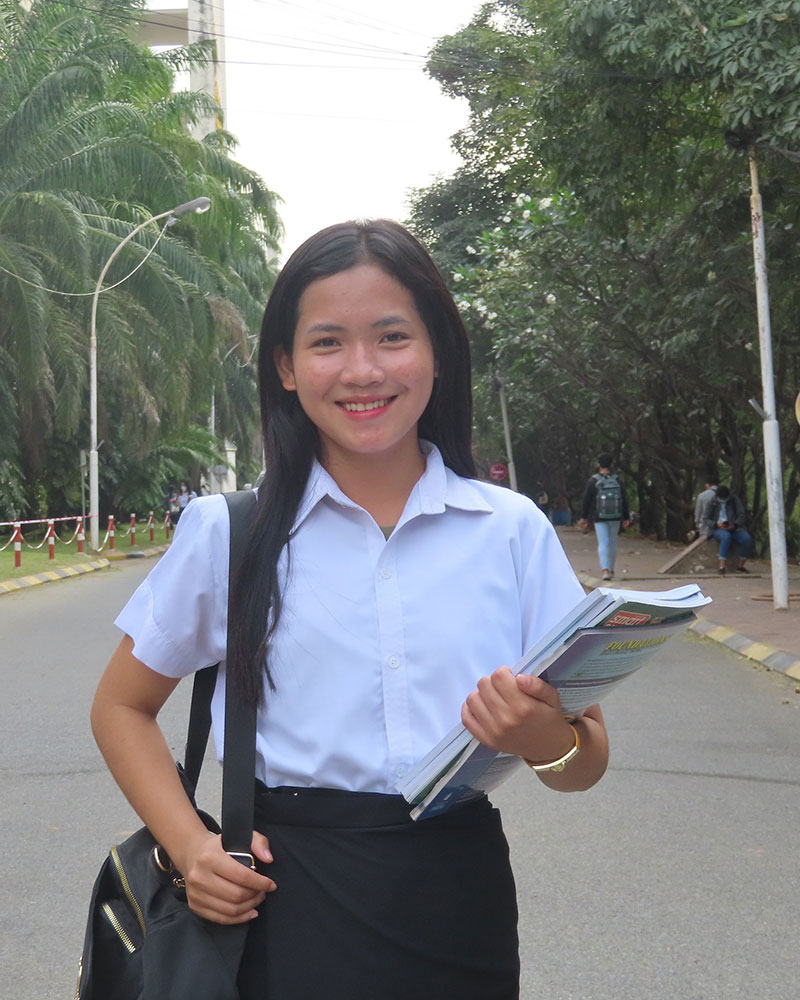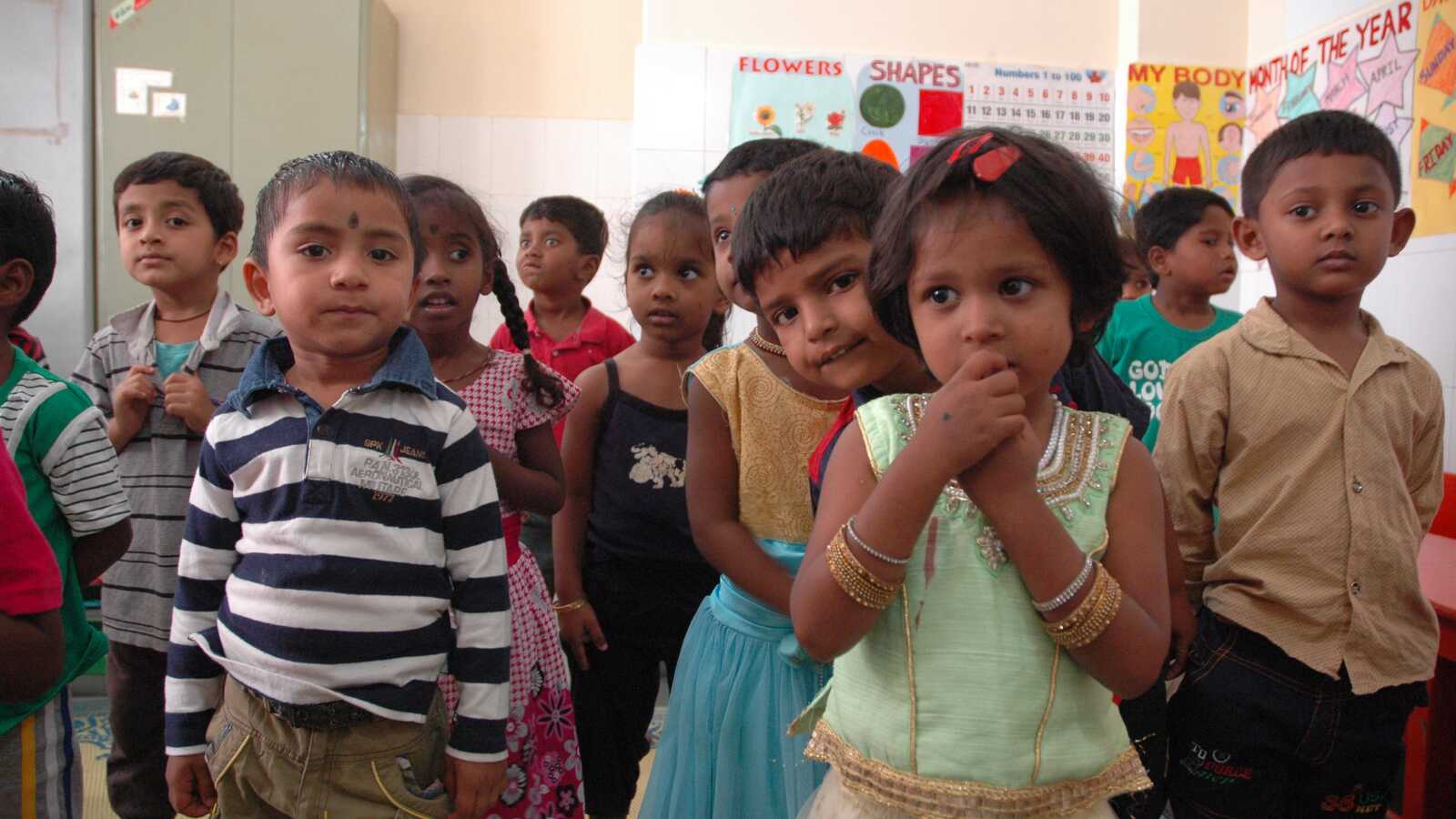In April 2021, a deadly second wave of COVID-19 devastated India. One year later, Holt’s partner organizations reflect on the year behind, and prepare for what lies ahead.
In spring 2021, most countries had already experienced devastating first- and second waves of COVID-19. But somehow, so far, India had been spared. Our Holt staff in the U.S. and partner organizations in India were relieved — because they knew that the combination of intense poverty, over-crowded slum communities, lack of health care and poor infrastructure in India combined with a wide-spread COVID outbreak would have disastrous effects.
“We did not expect a second wave of COVID-19 in India,” says Ghazwa Ayyad, Holt’s program manager for India. “Reports coming from the country in just February 2021 considered India a COVID-19 success story.”
But just one month later, everything changed…
India, April 2021
The news coming out of India in spring 2021 was horrifying. As COVID spread so rapidly, hospitals stretched beyond capacity, oxygen ran out for the sick, and strict lockdowns caused families to go hungry — and plunge even deeper into critical poverty. By early May, India was reporting more than 400,000 new cases a day and the death toll was rising at a frightening rate.
“Apocalyptic,” is how Jim De, the director of Holt’s partner organization, Shishu Sangopan Griha’s (SSG), described Delhi at the time. And now, one year later, he still stands by this description.
“It was the most scary time I have ever witnessed in my entire lifetime,” says Jim, about spring 2021 in India.
At that time, across the world, Holt donors rallied together to achieve one of the most rushed collections of funds we have ever witnessed as an organization. Holt donors gave with incredible generosity and urgency, raising over $147,000 to help provide emergency COVID relief to children and families.
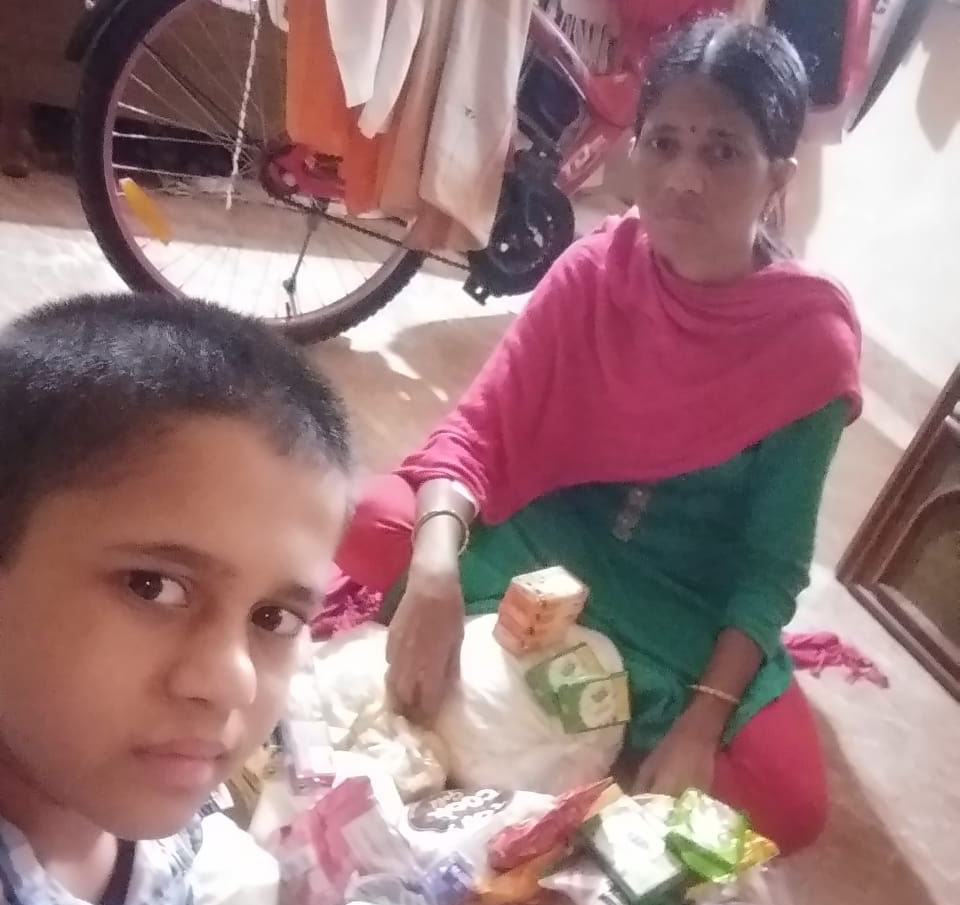
Thanks to the support of Holt donors, our three partner organizations delivered emergency food and medicine to hundreds of sick families across India, gave critical rent support to keep families from being evicted during the nation-wide lockdown, and supported children as they process grief and loss, and attempted to continue their education. Your help was truly lifesaving through this devastating time.
“All this would never have been possible without the timely intervention and support of Holt,” says Jim.
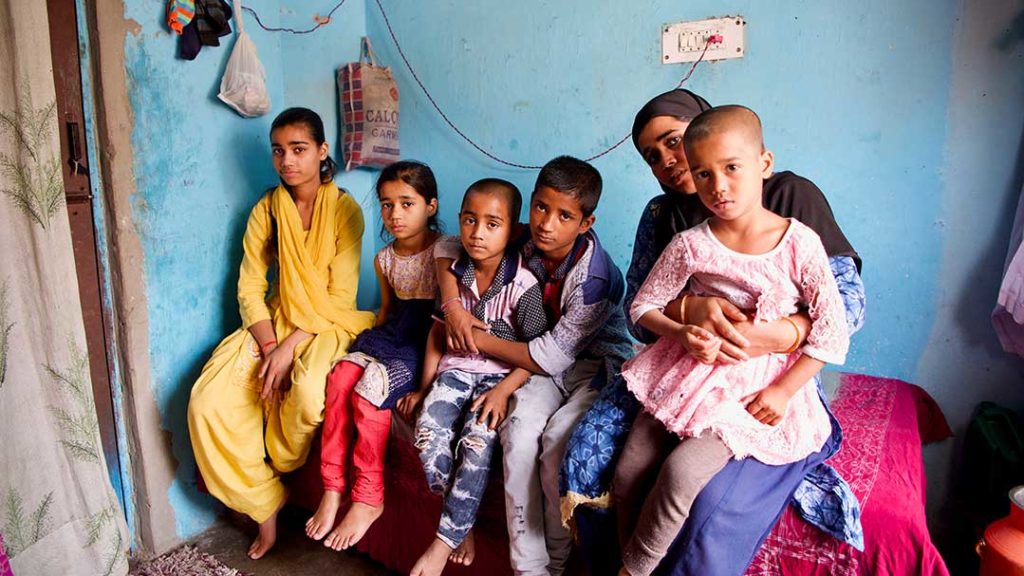
Help Children & Families in India
The pandemic was especially devastating in India, and children are suffering for it. Families struggle to find reliable work and provide food for their children. After schools closed due to COVID, many children never returned. Your gift will help a child or family in India in greatest need.
But now, a year later, what does India look like? What is life like for Holt children and families there who made it through this terrible time?
Some children have lost a parent, and others are striving to rebuild after a year of even more intense poverty than they had been living in before. The impacts are large and far-reaching.
“We can never estimate the real impact on children,” says Jim. But with the support of Holt donors and on-the-ground partners, for many Holt children and families, life is beginning to rebuild.
A New Normal
“The lives of children and families are returning back to normal — as a ‘new normal,’” says Vaishali Vahikar, the sponsorship program director of Holt’s partner organization Bharatiya Samaj Seva (BSSK) in Pune.
While the second-wave outbreak continued through much of 2021, and slowed in September of that year, a third outbreak began to emerge in early 2022. Thankfully, it did not hit as hard as the second, and children did not get as sick as the older population. But with this third wave in came reinstated lockdowns — with school closures, job closures and stay-at-home orders.
“Soon the younger ones will be covered,” says Vaishali, “and the schools and other educational institutions can assure safe and healthy environments for them.”
Returning to School & Holt Programs
2021 was a tumultuous school year for children in India. After closing in April 2021, schools briefly reopened for one week in September, only to promptly shut down again due to more outbreaks. But thankfully, schools have opened again in the past several months. Although with this reopening brings a new set of challenges.
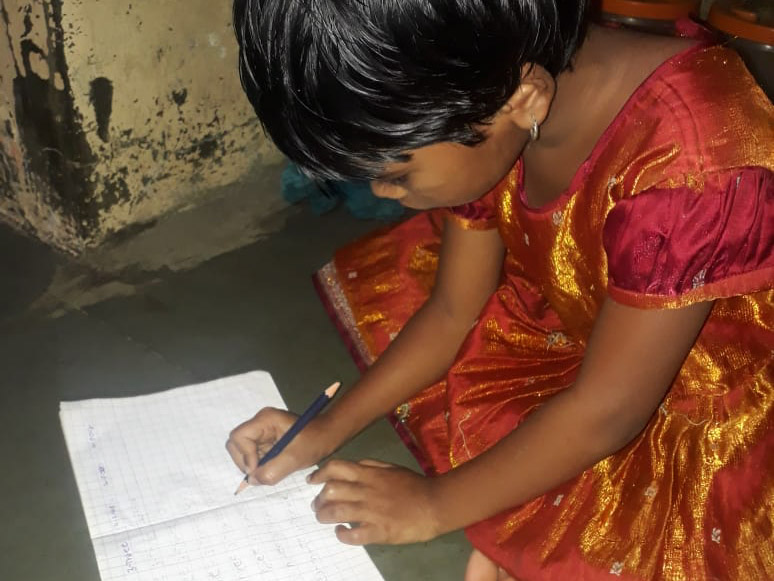
“According to our partners,” says Ghazwa, “when schools gradually began reopening, many students did not return.” That’s why Holt’s support in these communities is more important than ever — giving children the supplies and support they need to go back to school. And an important component of getting kids back in school is reopening the after-school community programs that Holt donors support, that children had depended on so heavily before the pandemic.
In Delhi last month, the children in Holt’s KARE program — which stabilizes children in their single-parent or extended family households — are back in school. They just completed their mid-term exams, and are once again relying on Holt’s partner organization there for tutoring and other academic support.
In southern India, Holt’s partner organization primarily works with migrant families. These families moved from their villages to Bangalore to build a new life, but more often than not, they only found difficulty and poverty in the big city. But for one of our partners, this past year of the pandemic brought new opportunities to serve this vulnerable population.
“We found two new communities this year and will be providing the children there with medical and nutritional services as part of our outreach initiatives.”
Hepzibah Sharmila, VCT
“We started locating settlements with groups of migrant families who have settled in Bangalore,” says Hepzibah Sharmila, the executive director of Vathsalya Charitable Trust (VCT). “We found two new communities this year and will be providing the children there with medical and nutritional services as a part of our outreach initiatives.”
In February 2022, VCT also finally reopened the program that is cornerstone to their work — the migrant daycare. This was a huge relief to the families of these children. Because even more than the opportunity for a solid early education, the reopening of this child development center means warm nutritious meals every day, and a safe place for children to be while their parents work — two critical services that were missing over the past year.
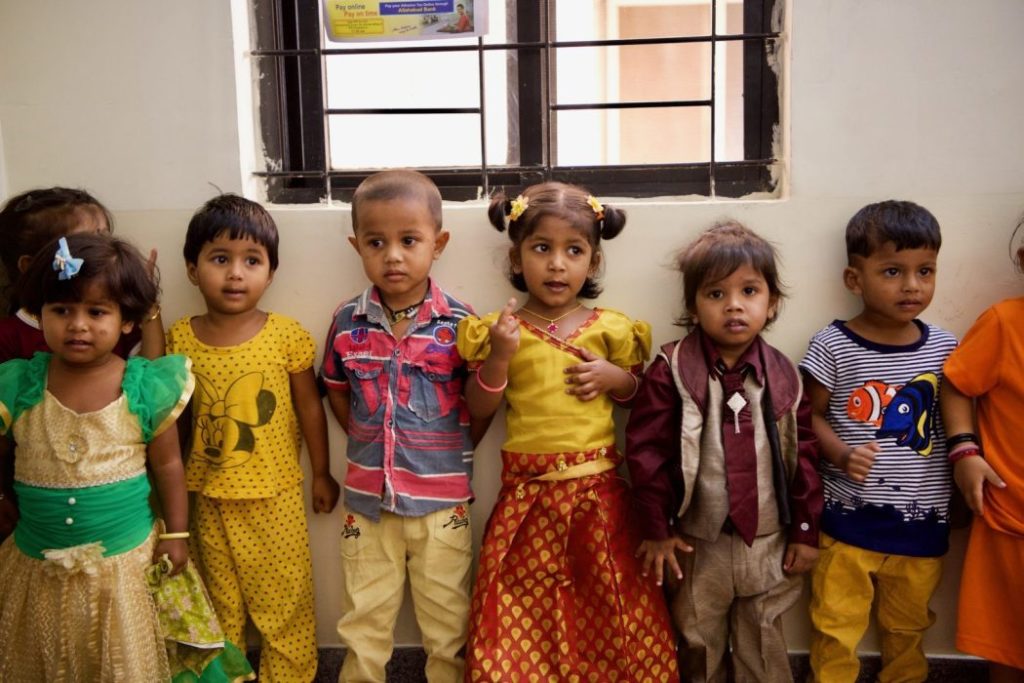
“The parents are relieved to have children come to the center,” says Sharmila. “Their safety and nutritional needs are being met through Holt-supported programs.”
And for these children’s parents, a return to school and Holt-supported programs for children means that they can finally pursue their jobs again.
Families Seeking Work & Stability
After the deadly impacts of COVID-19, the next worse effect of the pandemic was the loss of livelihood for families living in poverty.
Housekeeper, driver, seamstress and food cart cook are among the most common occupations for families in Holt’s programs in India. And the city- and nation-wide lockdowns made this work impossible. With each lockdown, families suddenly lost their income — and their ability to buy food for their children.
“Many families are impoverished and surviving on small amounts of money,” says Ghazwa. “The shutdowns imposed by the government to halt the spread of the virus have left many families struggling for survival without any options for work or earning a living.”
As cities open back up, families are having difficulties finding new work. But with the help of Holt donors, families are getting the support they need to move forward.
Just this month in Delhi, SSG began a 40-day skill development training and job placement initiative for the families in their programs.
“The demand for housekeepers is increasing significantly after COVID-19,” says Jim. So they’re actively training the families in their programs to fulfill these new job roles.
“Our team is also working on developing a model for daycare for their children in their own neighborhood through kinship care,” says Jim. That way, children have a safe place to be while their parents are at work.
This type of program — one that is hands-on and case-managed and personal to each child and family — is key to Holt’s programs in India and around the world. These services had to look drastically different over the pandemic — with phone calls replacing home visits, and texts instead of meeting together at Holt-supported community centers.
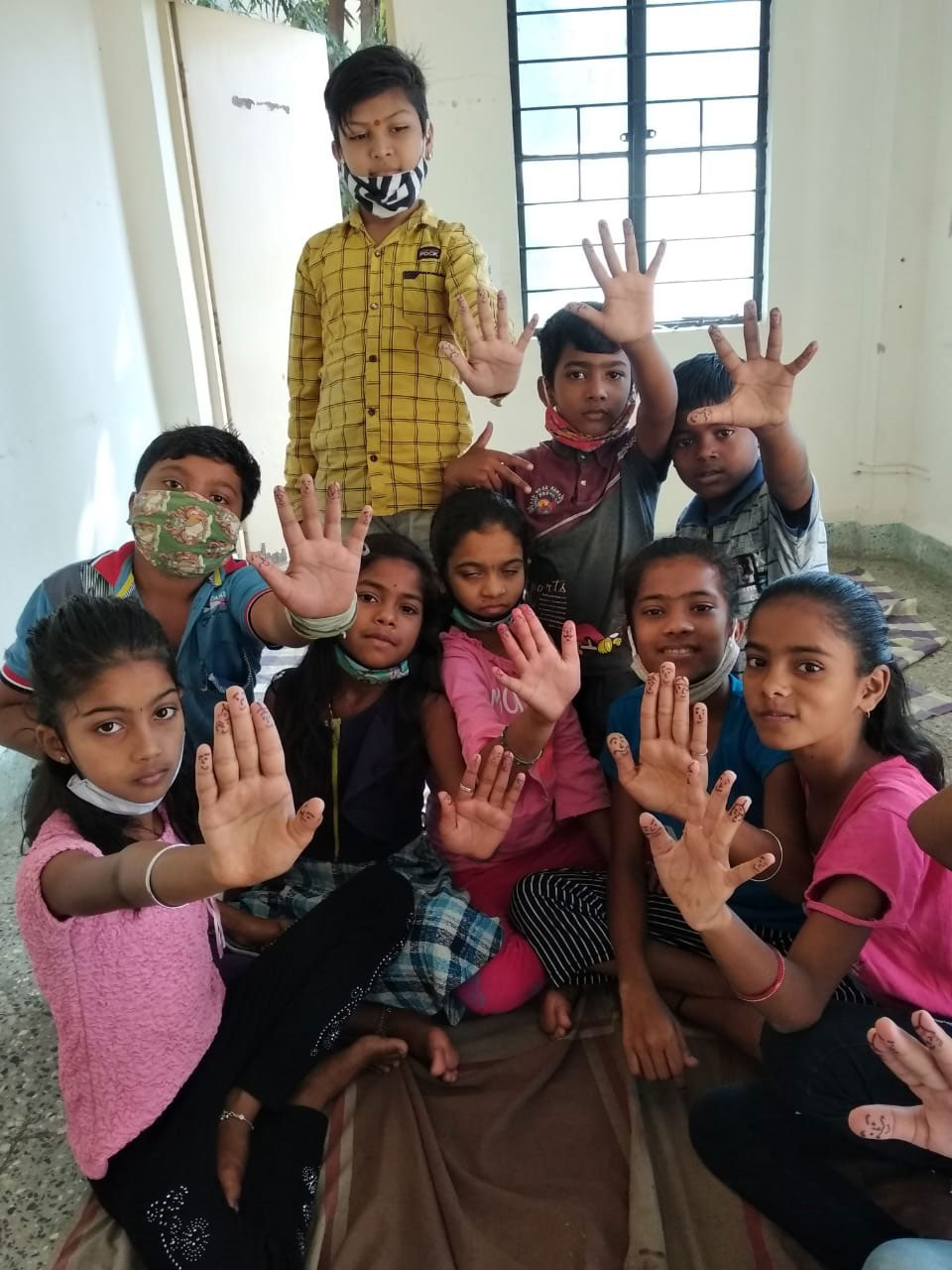
But little by little, things are opening back up across India.
“We have gradually switched our services — such as home visits with families — from online to offline,” says Vaishali, “taking proper care and precautions.”
Moving Forward
With this new hope and momentum, Holt’s India programs are moving into the future. While the pandemic brought new and lasting challenges, the children and families we serve are moving forward with amazing resilience and strength.
India continues to be the country with the highest population living below the poverty line, with countless children and families in need of nutrition and health support, child marriage prevention and empowerment through education. And it’s a country that will continue to be one of Holt’s priorities for expansion.
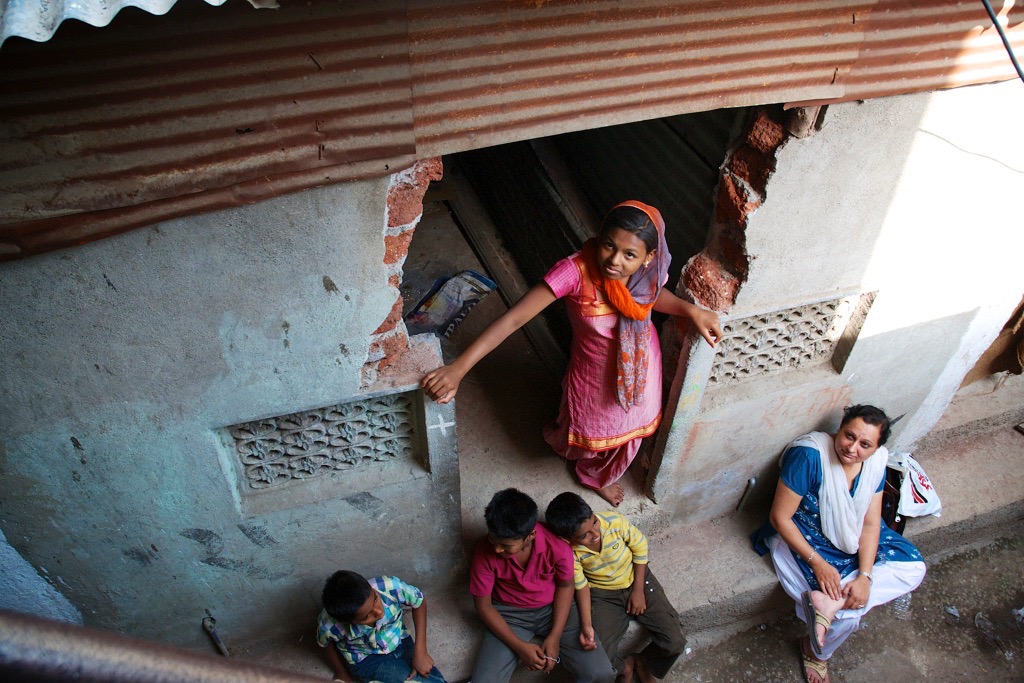
Learn more about Holt’s work in India!
See how sponsors and donors create a brighter, more hopeful future for children and families in India!
“Holt will continue to support the work of its three partners and also has plans for growth in India,” says Ghazwa. Moving forward, past the 2021 COVID crisis, our work there is transitioning from emergency relief back to education for girls, job skills training for single moms, nutrition help for malnourished children, economic empowerment opportunities for families and more.
But whether in times of crisis or stability, our focus remains the same. In the words of a social worker from our partner organization in Pune: “The focus is on making a positive difference in the life of children.”
